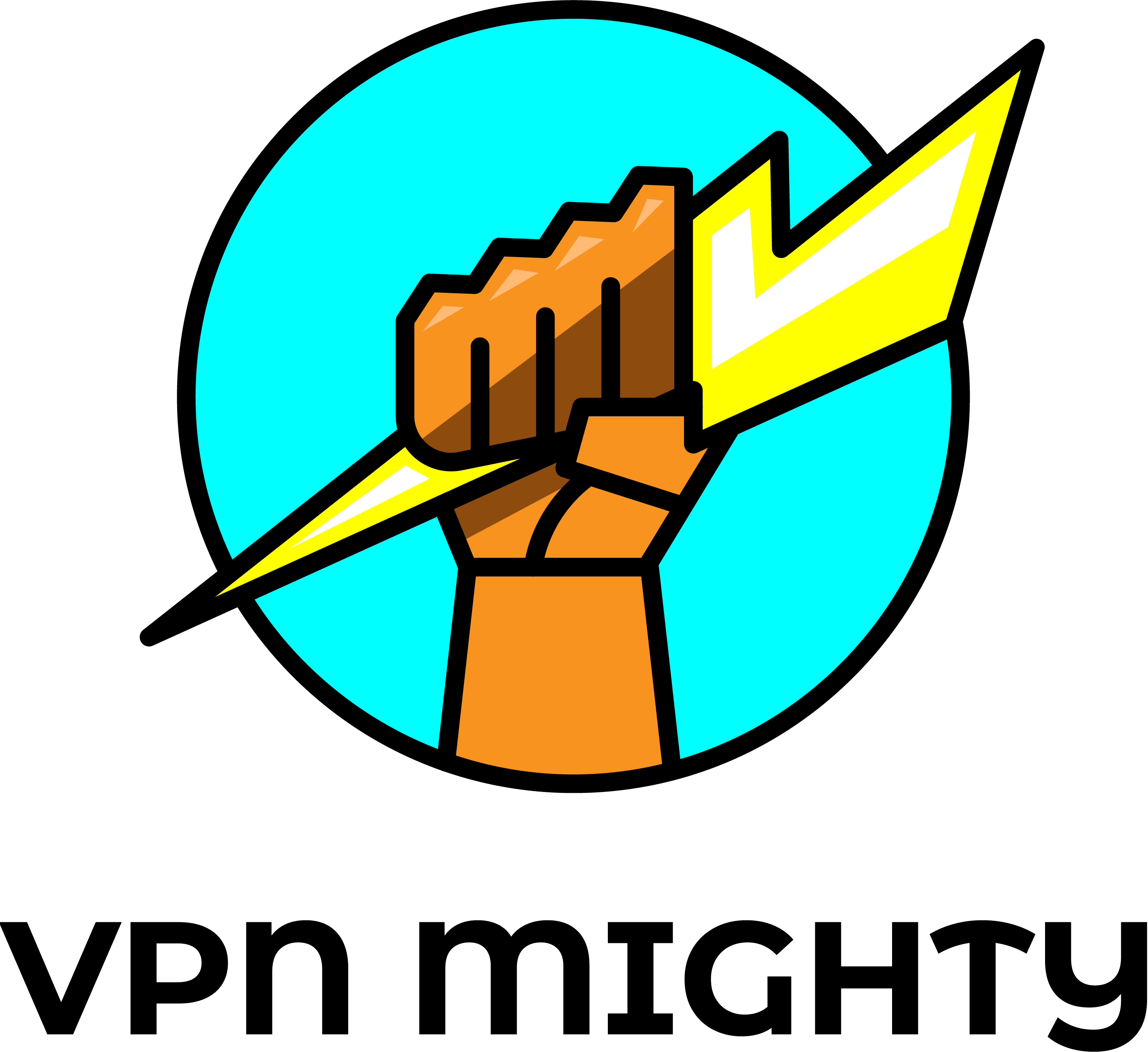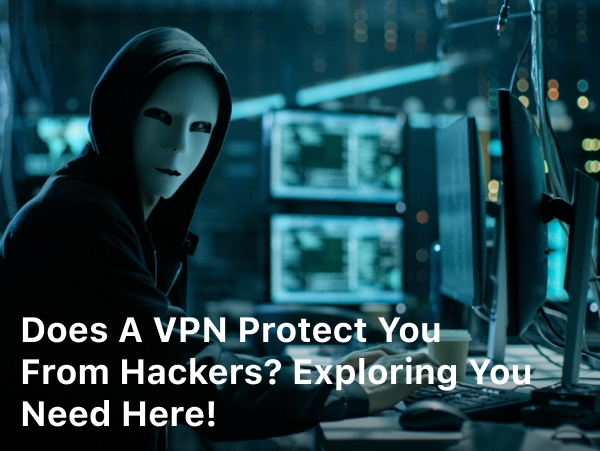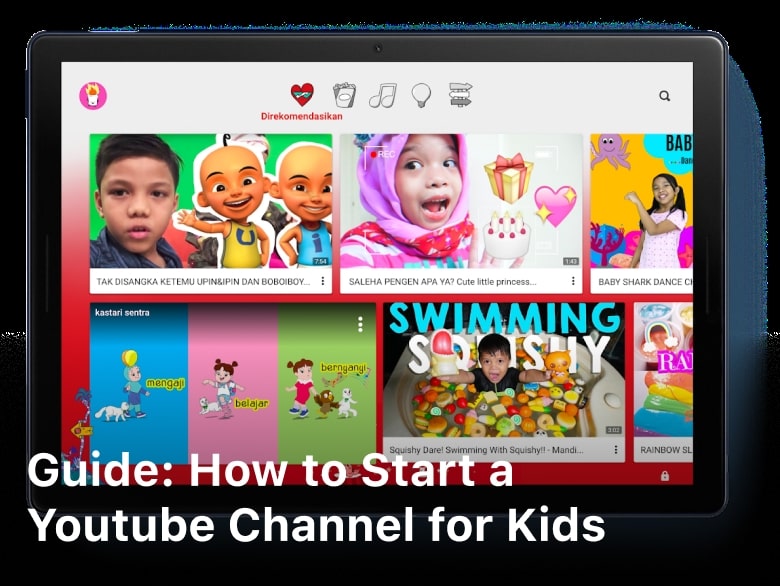Does a VPN Protect You From Hackers? Exploring you Need Here!
Does a VPN Protect You From Hackers? Exploring you Need Here! – Are VPNs your shield against hackers? Delve into the world of online security as we explore how VPNs work and their role in safeguarding you from cyber threats.
In today’s interconnected digital world, concerns about online security and privacy have become paramount. As cyber threats continue to evolve, users are increasingly turning to Virtual Private Networks (VPNs) as a potential solution to safeguard their online activities from prying eyes, including hackers.
But does a VPN truly provide the security it promises? In this article, we delve into the question: Does a VPN protect you from hackers?
The Role of VPNs in Online Security
VPNs are tools designed to create a secure and encrypted connection between a user’s device and a remote server operated by the VPN service provider.
This connection effectively shields the user’s online activities from potential eavesdropping, especially in public Wi-Fi networks that are often susceptible to hacking attempts.
Does a VPN Protect You From Hackers?
When you connect to the internet through a VPN, your data is encrypted and routed through the VPN server. This encryption adds a layer of security, making it extremely difficult for hackers to intercept or decipher your online communications.
Even if a hacker manages to intercept your data, they would only see encrypted information, rendering it virtually useless without the decryption key.
Additionally, your actual IP address is masked by the VPN server’s IP address, making it harder for hackers to identify your location and target you.
This is particularly important for protecting against various cyber threats, including Distributed Denial of Service (DDoS) attacks and phishing attempts.
Keep Reading :
- 7 Ways Protection From Hackers for Internet Safety
- How To Change iPhone IP Address Without WiFi
- 8 Cloud Security Best Practices 2023
- What Are The Benefits Of Cloud Computing For Your Business

Does a VPN Protect You from Hackers?
Taking a glance at online discussions on platforms like Reddit, you’ll find various anecdotes and experiences shared by users. Some users report feeling safer while using a VPN, especially when accessing public Wi-Fi networks, as it adds a layer of anonymity and security.
However, others caution against overreliance on VPNs, highlighting that while they can certainly enhance security, they’re not a foolproof solution against all hacking attempts.
The truth lies in the fact that while VPNs can indeed provide a significant level of protection, their effectiveness also depends on the user’s online behavior, the VPN service provider chosen, and the specific hacking methods employed by cybercriminals.
Limitations of VPNs in Hacker Protection
It’s important to recognize that while a VPN is a powerful tool, it doesn’t make you immune to all forms of hacking.
Here are some scenarios where a VPN might have limitations:
- Malware and Phishing Attacks: VPNs encrypt your data and protect your connection, but they can’t prevent you from clicking on malicious links or downloading infected files. As such, you should still practice caution and use reliable antivirus software.
- Device Vulnerabilities: If your device has security vulnerabilities or outdated software, hackers might exploit these weaknesses regardless of your VPN usage.
- Logging Policies: The efficacy of a VPN largely depends on its logging policies. Some VPN providers may keep logs of your online activities, potentially compromising your privacy.
- Social Engineering: A VPN won’t protect you from falling victim to social engineering attacks, where hackers manipulate individuals into revealing sensitive information.
- Weak Encryption: Not all VPNs offer the same level of encryption. Opt for providers that use strong encryption protocols to ensure maximum security.
What hackers does a VPN not prevent?
While a Virtual Private Network (VPN) can significantly bolster your online security, it’s important to recognize that it’s not a foolproof solution against all types of hackers. Here are some categories of hackers that a VPN may not fully prevent:
- Malware Distributors: A VPN primarily encrypts your internet traffic and masks your IP address, but it doesn’t directly shield you from malware. If you inadvertently download malicious files or click on infected links, a VPN won’t prevent the malware from executing on your device.
- Phishers: Hackers who engage in phishing attacks use deceptive tactics to trick you into revealing sensitive information. While a VPN can protect your connection, it won’t necessarily safeguard you from falling victim to phishing attempts, which often involve social engineering tactics.
- Device Exploiters: If your device has security vulnerabilities or outdated software, hackers might exploit these weaknesses to gain access, even if you’re using a VPN. Regularly updating your software and maintaining strong security practices is crucial.
- Social Engineers: Certain hackers employ psychological manipulation to trick individuals into divulging confidential information. A VPN doesn’t shield you from falling for social engineering tactics, as these attacks rely on human interactions rather than exploiting network vulnerabilities.
- Weak Encryption Exploitors: Not all VPNs offer the same level of encryption. Some may use weaker encryption protocols that sophisticated hackers can potentially breach. Opt for VPN providers with strong encryption practices for maximum security.
- Logging Policies: Some VPN providers may keep logs of your online activities. While these logs are intended for troubleshooting and maintenance, they could potentially be accessed by hackers if the VPN provider’s security is compromised.
In essence, a VPN is a valuable tool for safeguarding your online privacy and security, but it should be used in conjunction with other cybersecurity measures. Responsible internet usage, maintaining up-to-date software, and staying vigilant against social engineering tactics are crucial components of comprehensive online protection.
Keep Reading :
- What Is Internet Of Things Iot And How Is Connectivity
- How To Cloud Computing Works As Online Storage
- Cybersecurity vs Cloud Computing
FAQs
Q1: Does a VPN protect you from hackers Reddit users recommend?
While many Reddit users share positive experiences with VPNs in terms of enhanced security, it’s important to remember that no solution is foolproof. VPNs can certainly add a layer of protection, but they should be used in conjunction with other security measures.
Q2: Does having a VPN protect you from hackers completely?
A VPN significantly enhances your online security by encrypting your data and masking your IP address. However, complete protection also requires responsible online behavior, regular software updates, and reliable antivirus software.
Q3: How does a VPN protect you from hackers during public Wi-Fi use?
When you connect to a public Wi-Fi network, your data becomes vulnerable to interception. A VPN encrypts your data, making it unreadable to potential hackers who may be lurking on the same network. This ensures your sensitive information remains secure.
Conclusion
In the ever-evolving landscape of online security, VPNs have emerged as valuable tools in protecting users from hackers and various cyber threats. They create encrypted tunnels, shield your data, and add a level of anonymity that can deter many hacking attempts.
However, it’s important to acknowledge their limitations and use them as part of a comprehensive online security strategy. Responsible online behavior, regular software updates, and a discerning eye for potential threats remain essential components of staying safe in the digital world.
So, while a VPN is indeed a strong ally against hackers, remember that true cybersecurity requires a holistic approach.




